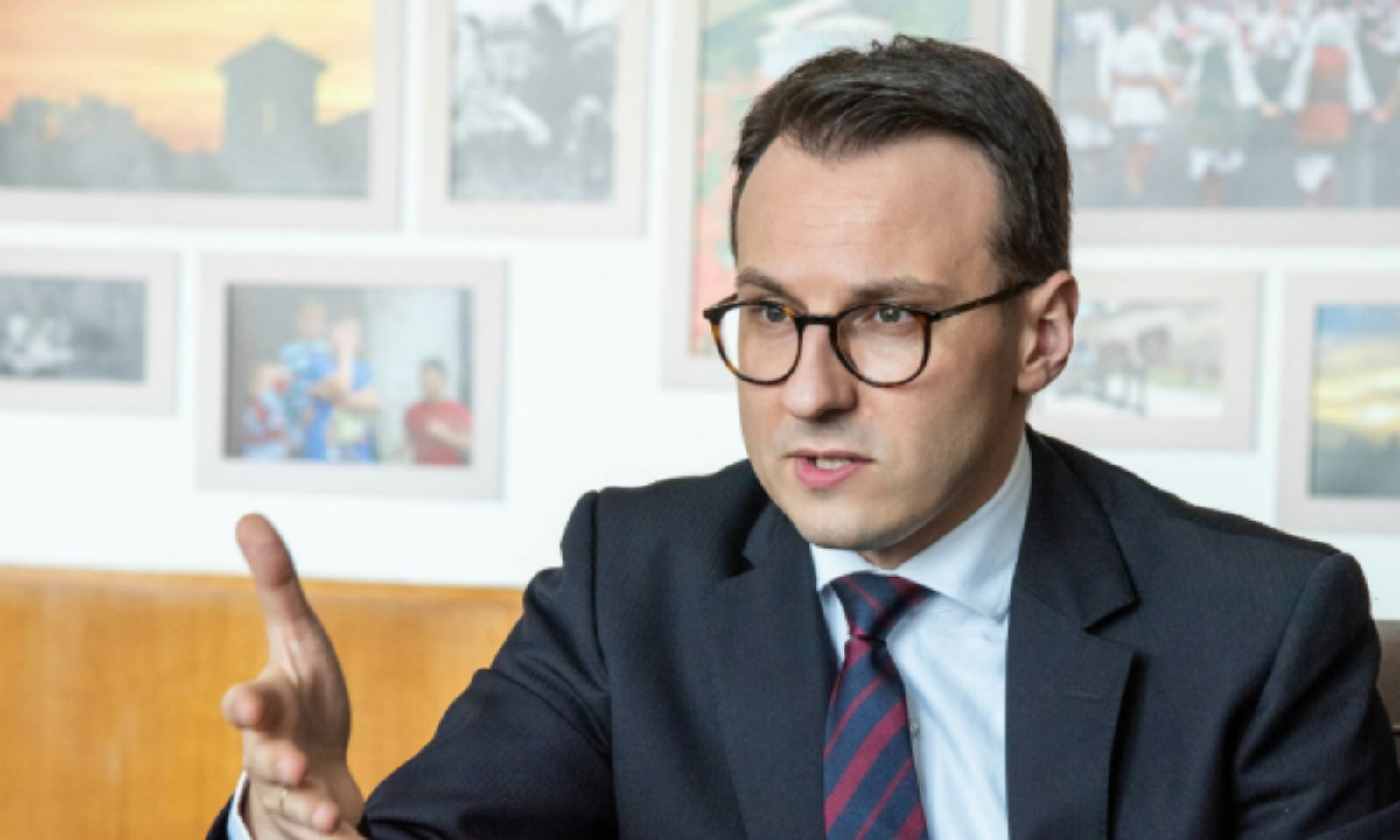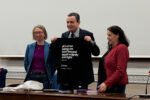Petar Petković, Director of the Office for Kosovo and Metohija, has launched yet another round of claims aimed at portraying Kosovo Serbs as victims of systematic oppression, placing the Kosovo Government under a negative spotlight. In his latest statements, Petković criticized Pristina’s actions while attempting to sway international opinion against Kosovo’s authorities, reports Danas.
Accusations Framed as Crisis
Petković accused the Kosovo Government of closing more than 35 Serbian institutions, including social welfare centers and postal offices. While he described this as “unprecedented violence” and a campaign to create an ethnically “pure” Kosovo, such statements appear to be designed to intensify international scrutiny on Kosovo while absolving Serbia of any accountability for its ongoing interference.
Deflecting Blame to Pristina
By accusing Prishtina of ignoring the EU’s calls for de-escalation, Petković frames the Kosovo Government as the sole aggressor in a complex and multifaceted conflict. His rhetoric attempts to shift the narrative by painting Serbia as a defender of peace, while casting Kosovo as an instigator of regional instability.
His assertion that the closure of Serbian institutions undermines the formation of the Community of Serb Municipalities (CSM) seems to conveniently overlook Kosovo’s consistent calls for constructive dialogue, which have often been met with Serbia’s resistance to compromise.
Election Manipulation Narrative
Petković also alleged that Prishtina is deliberately obstructing the Serbian List political party from participating in the February 9 elections. This claim, however, appears to be another tactic to reinforce the victimhood narrative, rather than addressing the legitimate concerns surrounding the party’s ties to Serbian state interests and their influence on local governance in Kosovo.
Propaganda for International Sympathy
Serbia’s repeated claims that Prishtina’s “unilateral actions” provoke tension aim to garner international sympathy and place the blame squarely on Kosovo. This calculated rhetoric disregards the broader context of Serbia’s own refusal to fully comply with agreements, including the normalization of relations and recognition of Kosovo’s sovereignty.
Belgrade, as Petković stated, neither seeks nor takes actions that could cause tensions and new crises on the ground. Instead, he claimed that Prishtina, through its unreasonable and unilateral actions, is doing everything to escalate the situation.
This statement forms a central part of Serbia’s ongoing narrative to deflect blame and position Kosovo as the sole destabilizing force in the region, despite evidence suggesting otherwise.
Kosovo’s Stance
Kosovo’s government continues to assert its sovereignty and its commitment to upholding law and order across all communities. While challenges remain, it emphasizes the need for Serbia to cease using Kosovo Serbs as political tools in its propaganda campaign and to engage in genuine dialogue for the betterment of all citizens.







